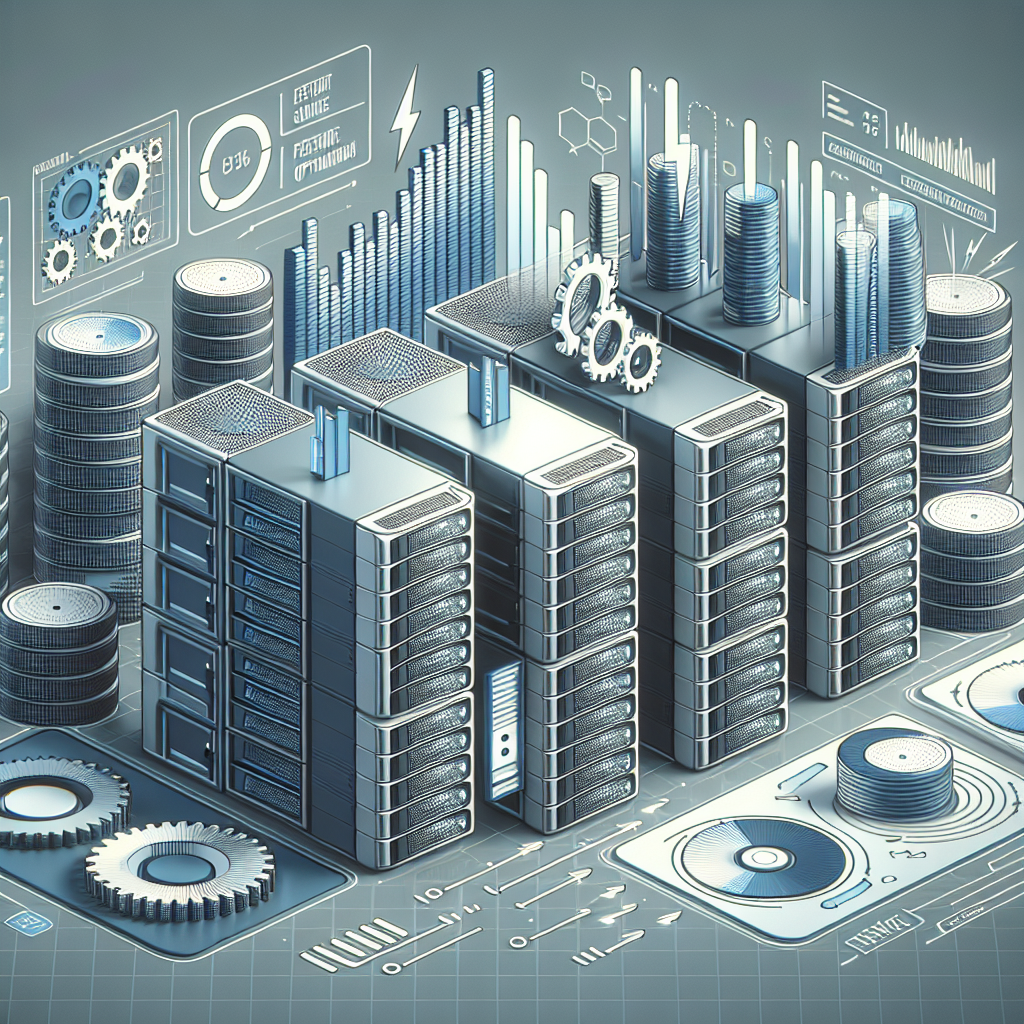Fix today. Protect forever.
Secure your devices with the #1 malware removal and protection software
In today’s fast-paced digital world, businesses rely heavily on their data center databases to store and manage vast amounts of information. However, as the volume of data continues to grow exponentially, ensuring optimal performance of these databases has become a top priority for IT professionals.
Optimizing the performance of your data center database is crucial for ensuring that your business operations run smoothly and efficiently. Slow database performance can lead to bottlenecks, downtime, and ultimately impact the overall productivity and profitability of your organization. To help you speed up your data center database, here are some tips to consider:
1. Regularly Monitor and Analyze Performance Metrics: To identify areas for improvement, it’s essential to regularly monitor and analyze key performance metrics such as response time, throughput, and resource utilization. By tracking these metrics, you can pinpoint performance bottlenecks and take proactive steps to address them.
2. Optimize Query Performance: Slow query performance is a common cause of database slowdowns. By optimizing your queries, you can improve the efficiency of data retrieval and processing. Consider indexing frequently accessed columns, avoiding unnecessary joins, and using query optimization tools to fine-tune your SQL statements.
3. Implement Database Indexing: Indexing is a critical aspect of database performance optimization. By creating indexes on columns that are frequently queried, you can speed up data retrieval and improve overall database performance. However, be mindful of over-indexing, as this can lead to increased storage overhead and slower write operations.
4. Tune Database Configuration Settings: Configuring your database settings correctly is crucial for optimizing performance. Adjusting parameters such as buffer sizes, cache settings, and connection limits can significantly impact database performance. Consult your database vendor’s documentation for recommended configuration settings and consider working with a database administrator to fine-tune these settings.
5. Regularly Update Database Software: Keeping your database software up to date is essential for ensuring optimal performance. Software updates often include performance enhancements, bug fixes, and security patches that can improve database efficiency and stability. Schedule regular maintenance windows to install updates and patches to keep your database running smoothly.
6. Implement Data Compression and Archiving: Data compression and archiving can help reduce storage overhead and improve database performance. Consider implementing data compression techniques to reduce the size of your database tables and indexes. Archiving infrequently accessed data can also help free up storage space and improve query performance.
7. Consider Database Sharding and Partitioning: For large-scale databases, sharding and partitioning can help distribute data across multiple servers to improve performance and scalability. By dividing your database into smaller, more manageable chunks, you can reduce the workload on individual servers and improve overall database performance.
Optimizing the performance of your data center database is a continuous process that requires careful monitoring, analysis, and proactive maintenance. By implementing these tips, you can speed up your database and ensure that your business operations run smoothly and efficiently. Remember to consult with database experts and consider implementing best practices to maximize the performance of your data center database.
Fix today. Protect forever.
Secure your devices with the #1 malware removal and protection software

Leave a Reply
You must be logged in to post a comment.